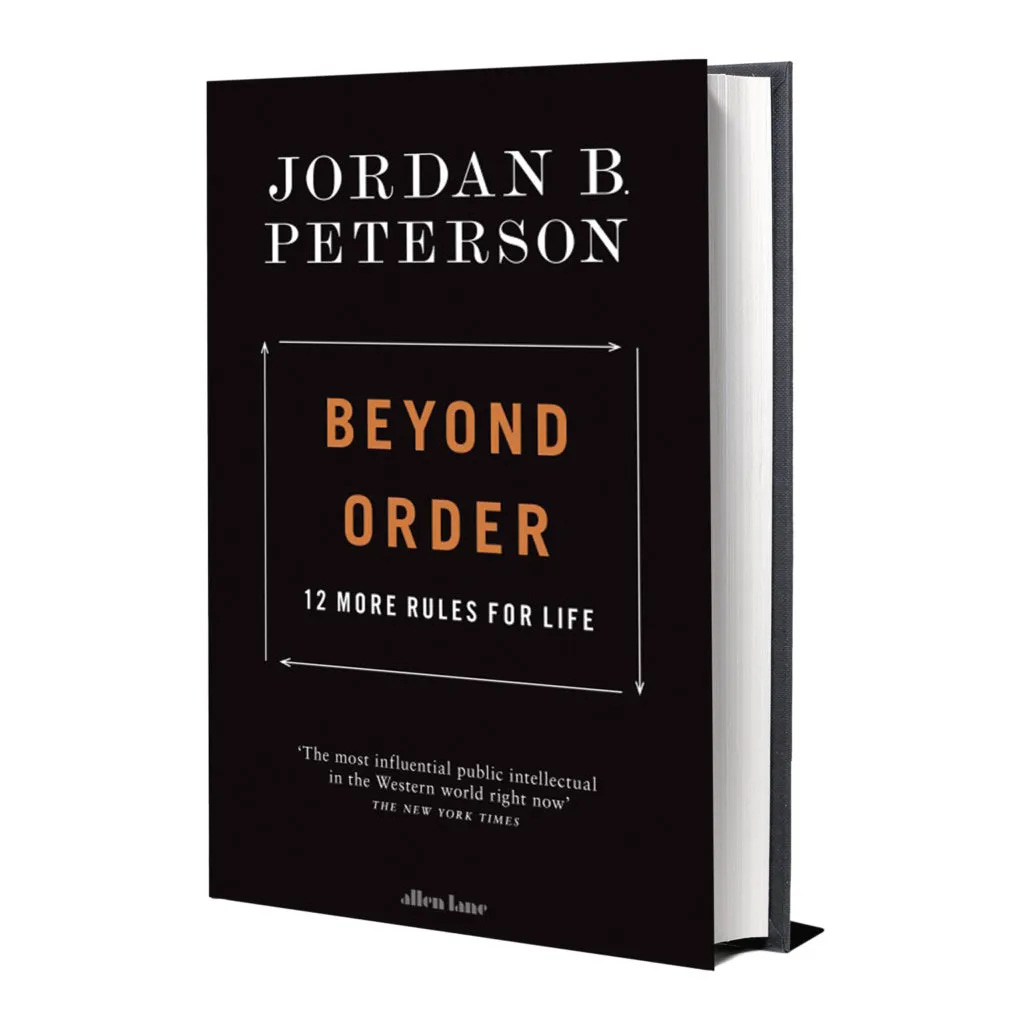His name is Ty Lewis. He and I connected on LinkedIn a few years ago and continue to have random conversations there. He comments often in my social feeds, responding in ways that I always find quite rational. And like me, he is a voracious reader.
Despite our frequent online interactions, there is a lot that I didn’t know about Ty. That is until I reached out to him recently with a few questions about his journey.
Here’s what he had to share
MS — Let’s start off with a brief synopsis of your early upbringing.
TL — I had the great fortune of growing up on a farm in the Oregon Cascade Mountain foothills with 150 acres to roam and explore - fields, woods, creeks, trout ponds, and old barns. There were always chores and hard work was a central part of life, including animals to care for in the winter, summers filling the barns with hay, fall harvest, and putting wood and supplies up for winter.
MS — And your parents and family?
TL — My father was a professional firefighter and my mother an elementary school teacher. Our family was large, very close and I had the blessings of two sets of grandparents next door, and for a time great-grandparents. The older generations were a significant source of wisdom for me. I was taught a love of learning and from my earliest memories, books of all kinds surrounded me. I read constantly growing up and remember being influenced at various times by authors such as Shel Silverstein, Jules Verne, Louis L’Amour, John Steinbeck. At the same time, my academic performance was less than stellar; as Winston Churchill quipped, “I am always willing to learn although I do not always like to be taught.”
MS — What was running through your mind at that time in terms of a life path?
TL — The military had been my plan from a fairly early age and I enlisted before completing high school. At that time I badly needed experience and some tough seasoning and found that the Marine Corps could provide the disciplined environment and opportunities I needed to mature and develop. I served primarily in the infantry and later had the occasion to become a marksmanship instructor and competitive shooter. My time in the military was comparatively run-of-the-mill but I served with exceptional people from every imaginable background and learned many valuable life lessons – enduring hardship, navigating ambiguity, the power of shared purpose and culture.
MS — What came next for you?
TL — Later on, as I finished college and began a career, I realized that I had developed a strong set of beliefs but realized I didn’t fully understand where they came from. As a result, I stepped into a long-term and self-guided journey focusing on philosophy. I began by reading some of the great works I’d neglected in the past like Plato, Aristotle, Locke, Montesquieu, Nietzsche, Rand, Mill, Kant, Kierkegaard, and several others. My base principles remained largely the same, but my perceptions evolved and my understanding of both myself and the world deepened.
MS — Has this continued to be your focus?
TL — In more recent years, I’ve switched focus to a contemporary set of influences from current authors, prominent intellectuals, and personal relations. Most notably, my wife has been a particularly significant influence – although I remain a constant frustration to her – and I’m very fortunate to have her in my life.
MS — What are you discovering on this reading journey?
TL — What I’ve learned is that changing our minds as our foundational truths evolve is an opportunity for growth if we choose to be curious and see ourselves as lifelong learners. It is said that the mark of a learned mind is the ability to entertain an idea without immediately accepting it as reality. In other words, the key is to have the capacity to separate truly novel concepts from old ideas repackaged to seem fresh. Further, we must never allow our ideas to be our identity. Because if we define ourselves by our opinions, it becomes a risk to our self-worth when we ultimately question them.
MS —- So I’m curious, if you were facing a major life-altering decision, what 2-3 books might you turn to for wisdom?
TL — First, I would recommend Extreme Ownership: How U.S. Navy SEALs Lead and Win by Jocko Willink and Leif Babin. They are retired U.S naval officers who spent their military careers in the SEAL teams and now offer leadership consulting through their company Echelon Front. They promote the ideas of personal responsibility, accountability, and self-discipline. They also have a follow-up book called The Dichotomy of Leadership: Balancing the Challenges of Extreme Ownership to Lead and Win
My second recommendation is The Parasitic Mind – How Infectious Ideas are Killing Common Sense by Gad Saad. Originally from Lebanon, Dr. Gad Saad’s family fled during the Lebanese civil war. He is not only a professor of evolutionary psychology but also a master of sarcasm and satire – a seemingly lost art today. And as such, I’ve found a great deal of enjoyment in both his writing and wordplay. Dr. Saad is a voice of rational opposition to the groupthink spreading throughout the various institutions defining Western society. Facts don’t care about your feelings – true. But at the same time, your feelings don’t care about facts.
Lastly, the book 12 Rules for Life: An Antidote to Chaos by Jordan Peterson
Dr. Peterson is a clinical psychologist who was thrust into the public eye several years ago when he took a stance against proposed legislation in his native Canada, that not only restricted free expression but tried to compel speech through force of law. Since then he has become a strong voice for personal responsibility and against ideological tribalism. His views have been both lauded and derided.
One of the primary themes Dr. Peterson shares is embracing responsibility for our own lives and can be paraphrased as follows:
We have a choice between two primary states in life, safety versus competence. In the end, the world we must live in isn’t safe. In modern society, the answer to suffering is often embracing comfort, but the superior solution is the call to seeking adventure as a means to build competence via experience – gaining knowledge, wisdom, and grit. The world is dangerous and if you venture out in it you may lose your body. But if you stay in comfort and safety perpetually you’ll lose your soul.
12 Rules for Life, and its sequel Beyond Order: 12 More Rules, is intended as a thought-provoking set of underpinnings that offer a way of thinking about oneself and the world contrary to conventionally accepted teachings. Some of the notable pieces of wisdom Peterson promotes are: Set yourself in order; pick the heaviest burden you can bear and carry it; imagine who you could be and work toward that goal.
MS — I’ve often heard you talk about libraries in terms of their significance as incubators of critical thinking and knowledge? Can you elaborate on this?
TL — There is an old platitude that goes – “The true bibliophile weeps at the idea of the Library of Alexandria engulfed in flames.” There is truth here in that libraries are in essence repositories of not just knowledge, but also the wisdom, experience, and passionate labor of past thinkers. Writers give a piece of themselves into their words and offer their shoulders for future thinkers to stand on.
MS — What is your understanding of how books evolved from here?
TL — There are three foundational technologies that paved the way for books as we know them – writing materials beginning with and evolving from papyrus, a common alphabet originating with the Phoenicians, and the movable type printing press invented by Gutenberg. When these three innovations were brought together during the early Renaissance, the number of books exponentially increased and the cost dramatically decreased. As books became ever more widespread, so did the knowledge and philosophy of human beings as primarily rationally based creatures. In other words, critical thinking and intellectual honesty became our competitive advantage.
MS — And who had access to these books during their early evolution?
TL — On the whole, book ownership was still primarily reserved for the wealthy. It’s here where libraries provided access to books for scholars who didn’t have significant financial means. The Renaissance saw the first libraries truly open to the public offering a space for exchanging ideas, collaborative debates, and in-depth research.
MS — Let’s conclude with your thoughts about libraries.
TL — Libraries became places where scholarship was open to the common man, not just reserved for the nobility or clergy. Reading was soon judged as both pleasurable to the mind and beneficial for the soul. Furthermore many libraries contained a wide range of writers; classical Greek and Latin books were often found alongside humanist writings.
In the end, freethinking became a hallmark of the age and many of these informal associations of intellectuals, with libraries as a collaborative space, profoundly influenced Renaissance culture and philosophies of the Enlightenment. Although times and technology have changed, this function continues today. We stand on the words and ideas of authors from across the millennia through books preserved by libraries – proof that human beings have the potential for immortality.







